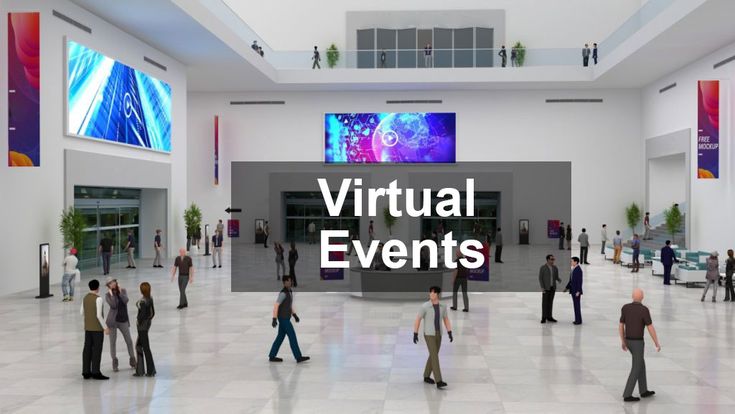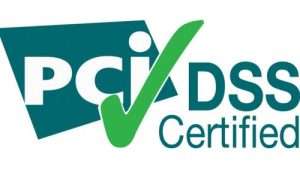Virtual Conference: Types and Advantages of Online Events

Since most people spend much of their time on a mobile device and on the internet, every form of physical association is now replicated in the virtual world.
The corona pandemic in 2019 had inspired more people to embrace online education, remote work and even virtual meeting.
Although there have been virtual platforms such as Zoom, Skype and others before the pandemic, people now seem to realize the benefits of virtual events more than ever before.
Online events are receiving more interest and increasing demand from businesses and other organizations.
What is an Online event?
An online event or virtual event is the staging of an event in which different people are able to connect to the host online via an event organizing platform, and are able to participate in a discussion at the same time.
Businesses can now benefit from virtual even platforms since it’s easy to set up and and cost effective.
You can now organize virtual conferences for your employees and board members of your company.
Before we discuss the advantages of virtual platforms and online events, let’s look into the different types of virtual event.
What types of virtual events are there?
Live webcasting
Webcasting is when video content is transmitted to a large number of viewers via the Internet using streaming media programs, similar to what is known from radio or television broadcasts.
In webcasting, a recorded presentation can be broadcast on the internet, and made accessible anytime by target audience.
There are types of webcasting: Live webcasting, push, and on-demand webcasting.
The focus is primarily on the transmission of content from one or a few speakers to a large number of audience.
Video conferencing
Video conferencing, also known as video teleconference, or videotelephony in the transmission and reception of audio-visual content by users from different locations at the same time.
Zoom is a good and popular example of video conferencing where you can join an online meeting live with face-to-face communication.
With the advancement in cloud technology, conferences can now also be held in virtual space. there are even free video conferencing apps and many of them are easy to use.
With changing speakers, Q&A sessions and various virtual rooms, both conferences and collaborative workshops can be held online.
To join a video conference, you would need a computer and monitor screen, built-in computer speaker, and camera.
A virtual town hall meeting
A virtual town hall meeting is the live streaming of an event. You can host a virtual tall hall meeting on zoom for example and invite your employees to update them on the development of your company and other important information.
Corporate town hall meeting is now being used by more companies for internal communication.
These offer the possibility of securely transmitting live (internal) video content to a large number of employees without having to record any losses in quality and interaction.
Hybrid events
Events are referred to as hybrid events if they are carried out both physically and virtually.
In hybrid event, virtual components are added to a live physical event so people who’re not present in the hall can as well participate in the event.
This option is used to avoid the problem of room capacity, the comfortability and less engagements by audience.
Hybrid event also make it easy for content to be accessible to people who can not be present in the live event for one reason or the other.
Exhibition streaming
Exhibition streaming offers exhibitors the opportunity to virtualize a trade fair presence with tours, presentations, etc.
Customers can get themselves the live-trade-fair-experience and learn first-hand about the latest innovations from exhibitors without having to be physically present in the show.







